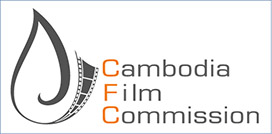Amplifying Voices of Indigenous Women and Discriminated Groups through Innovative Multimedia
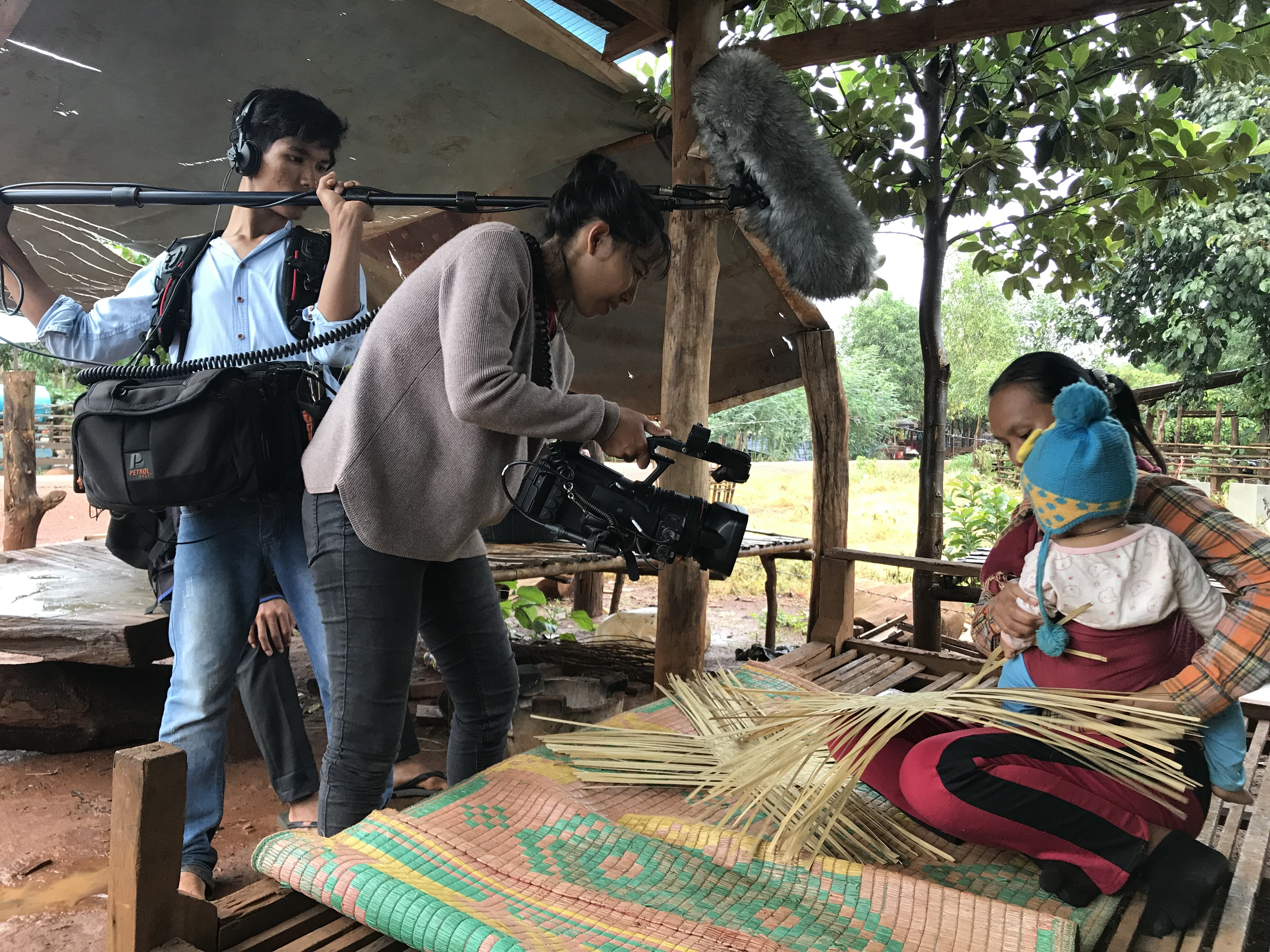
Worldwide, indigenous people face great difficulties in maintaining and developing their own models of development and well-being, as their current needs and aspirations for the future often differ from those of the mainstream population. Although, indigenous people are entitled to full rights, established under international law, their distinct and unique cultures are often rejected or suppressed by others. Therefore, their equal worth and dignity can only be assured through the recognition and protection of both their individual and collective rights as distinct groups.
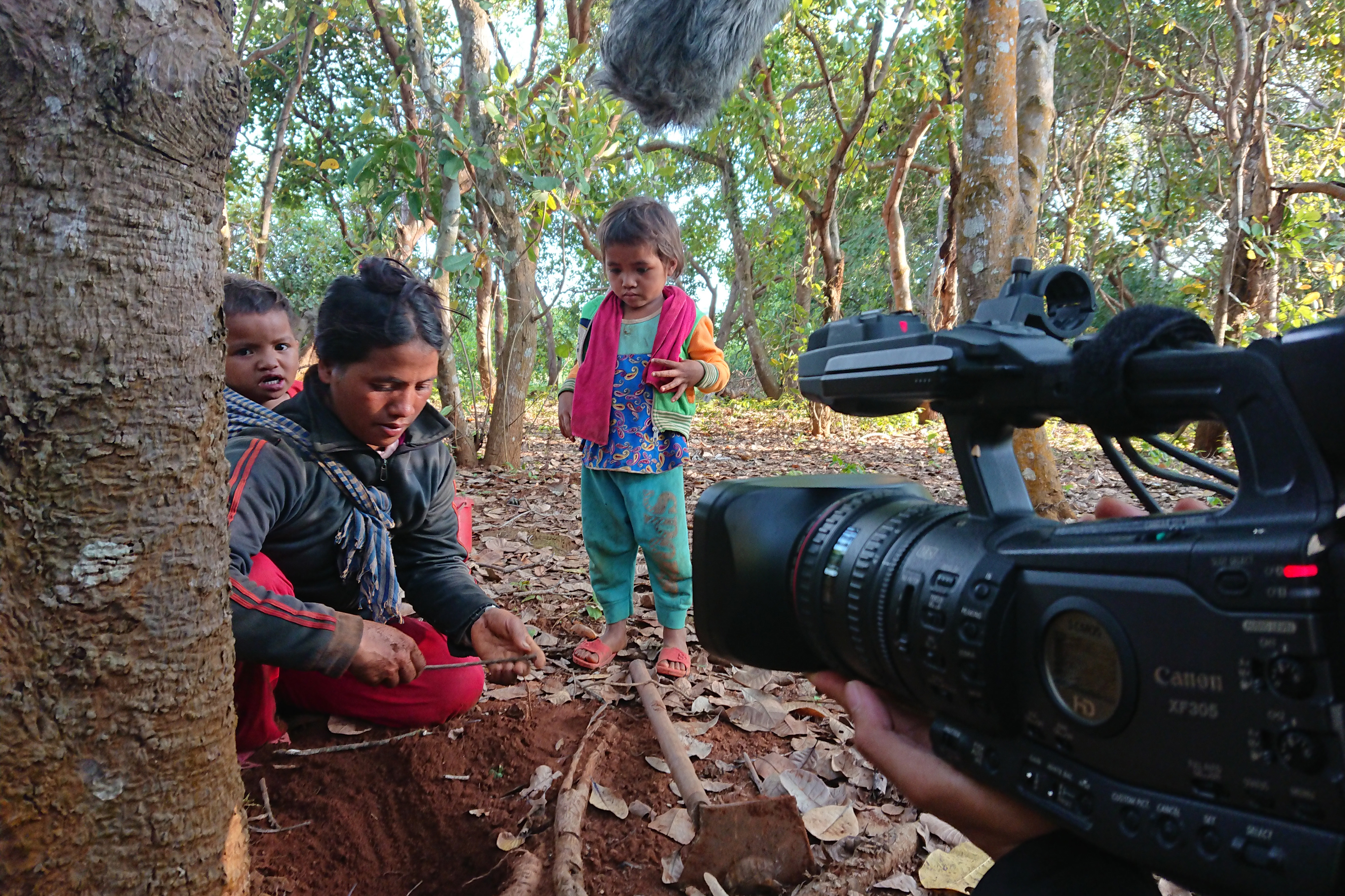
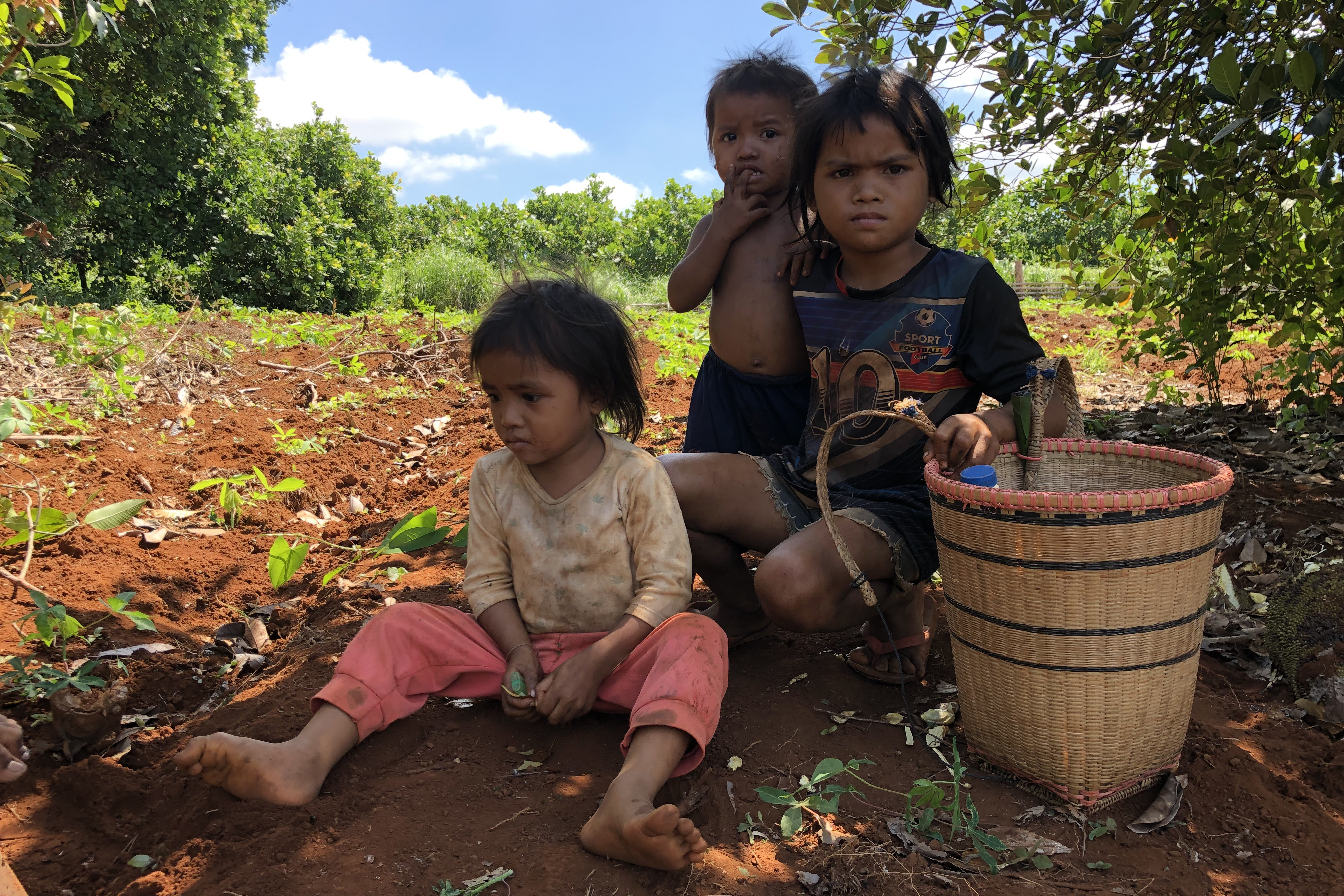
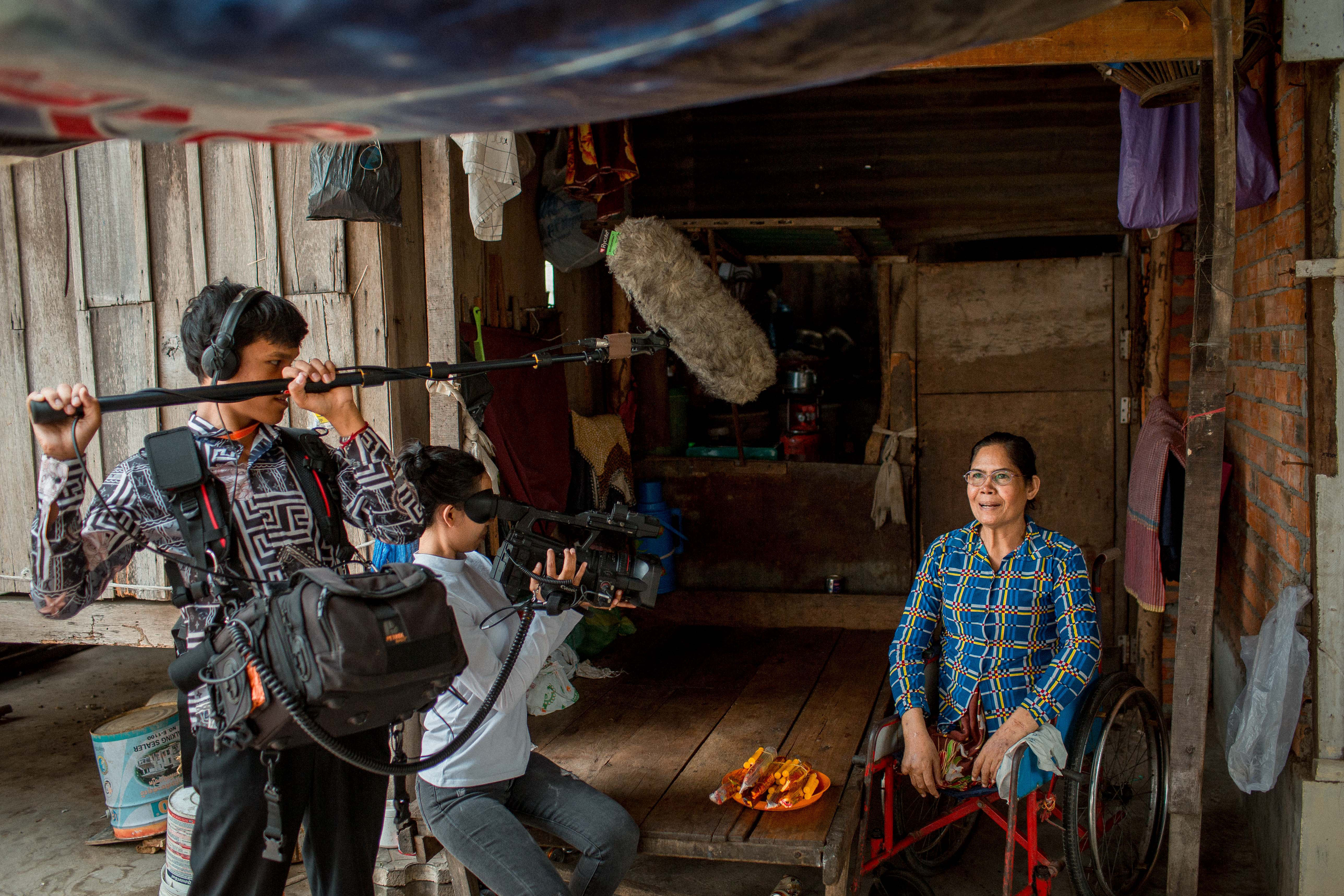
Many communities are indigenous for geographical reasons. Different ethnic, social, and complex political backgrounds complicate the situation. Even within a well-connected society, indigenous communities often have to lead their life separately. Confronted with discrimination and exclusion, it is hard for these people to raise their voice and to continue their traditions. Challenges such as land dispossession, social or political conflicts, insecurity, displacement, low rates of birth registration, limited access to culturally appropriate education and health services, and the lack of access to justice and other essential services, including social services, create conditions, limiting the possibility to exercise their rights.
Especially, indigenous women need recognition to counteract the scarce consideration they receive and the lack of acknowledgement of their status, capacities, and roles. It is necessary to organize events which, instead of pointing out women’s weaknesses, contribute to celebrating their qualities and their strengths. Events in which indigenous women’s art, skills, knowledge and resistance are recognized and shared should be supported and organized. Media such as TV and radio should help to augment the visibility of indigenous women, give them a voice, and promote their agenda. Multimedia allows to stay connected and to decentralize culture.
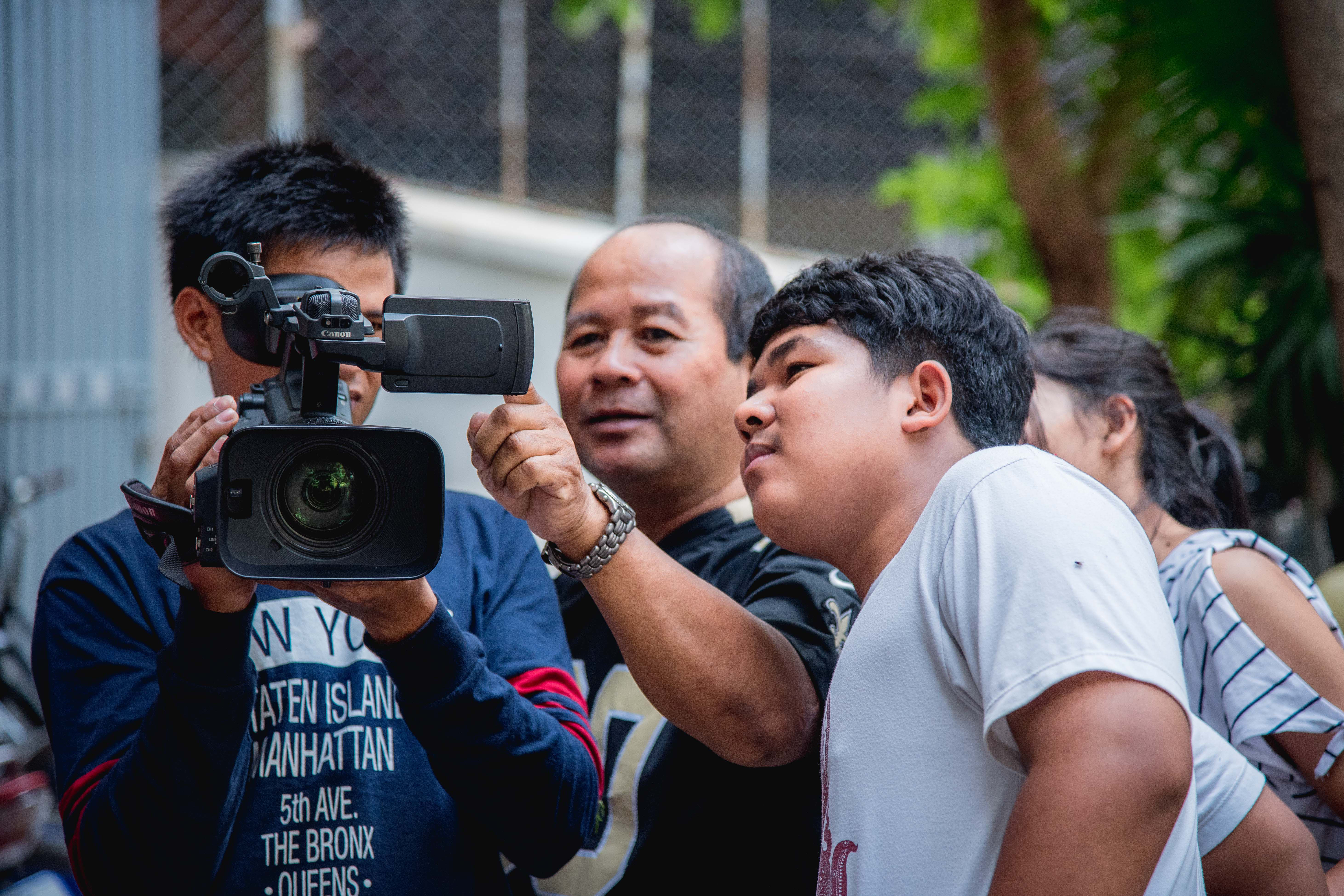
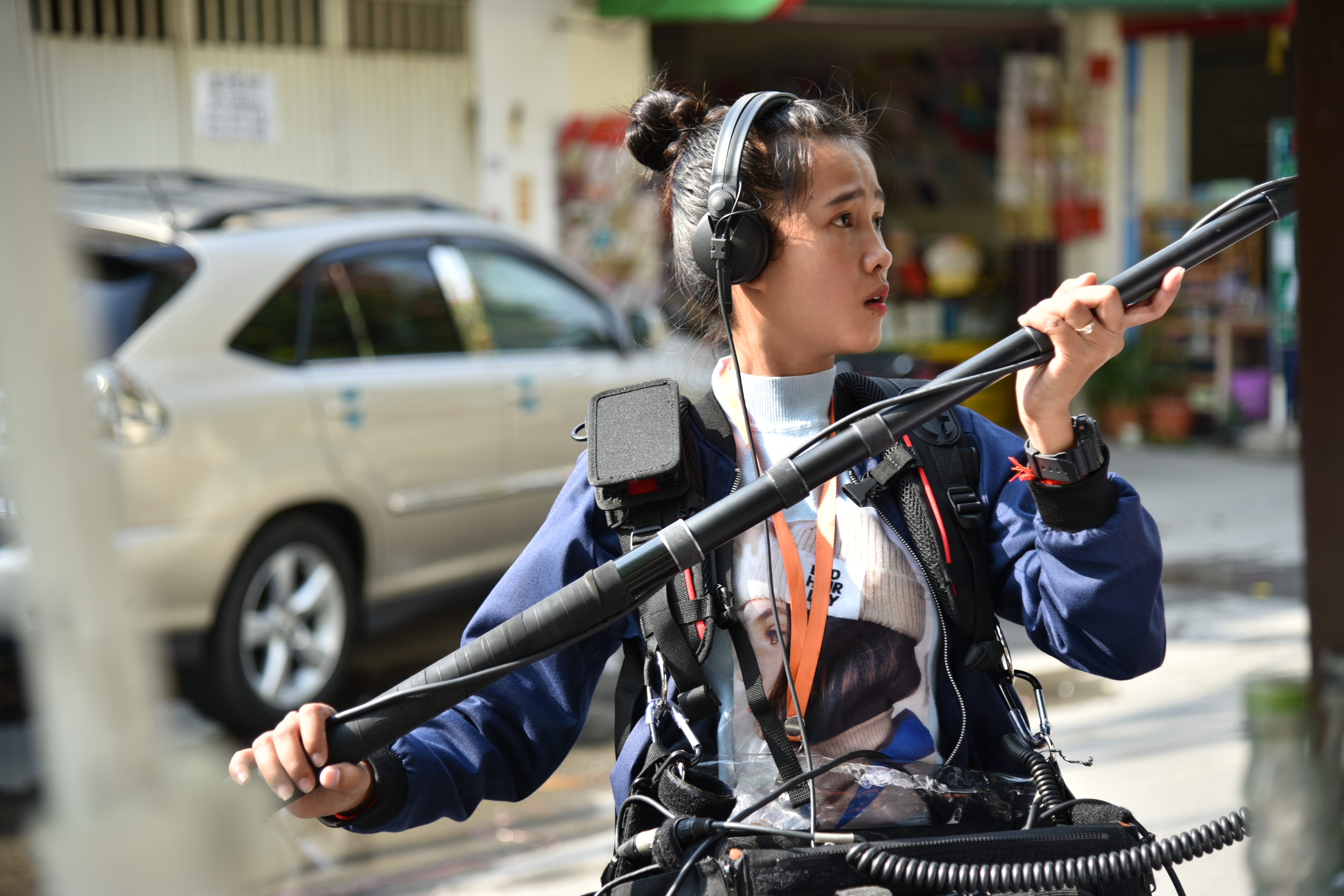
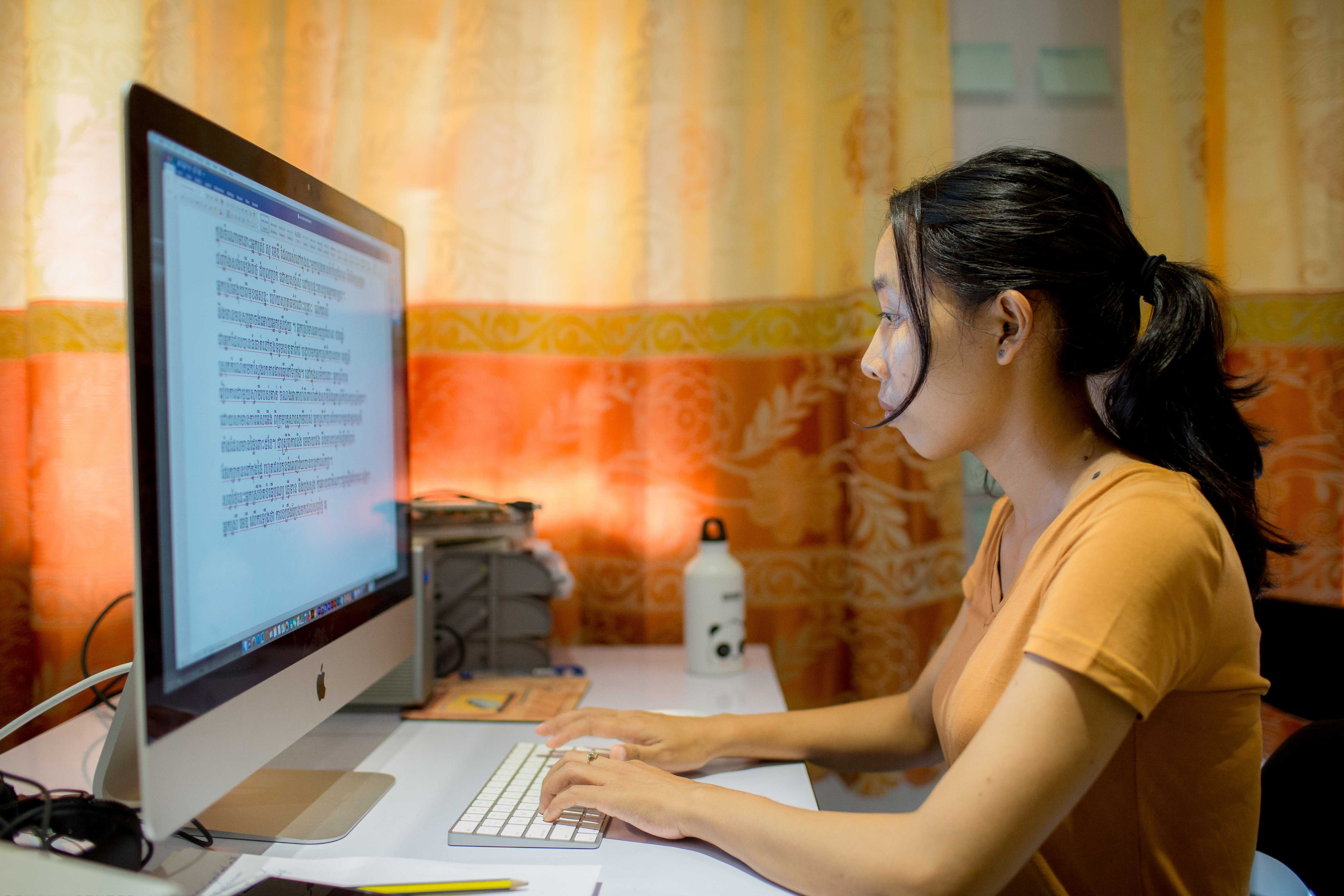
The project “Amplifying Voices of Indigenous Women and Discriminated Groups through Innovative Multimedia” is a documentary filmmaking and multimedia training, organized by the Bophana Audiovisual Resource Center and supported by Voice through Oxfam in Cambodia, Australian Embassy in Cambodia, Heinrich Böll Foundation Cambodia, Ford Foundation, and Sundance Institute, in collaboration with Cambodia Film Commission. The training lasts 24 months and provides a full scholarship to 12 selected candidates. In the selection process, candidates from rural areas in Cambodia – Mondulkiri, Ratanakiri, and Banteay Mean Chey – were prioritized, as the program wants to encourage them to shoot films in their own provinces. The aim of the project is to empower especially indigenous women and discriminated groups, and to give them a voice through innovative multimedia. For this purpose, the Bophana Center works closely with the indigenous youth and women in Cambodia, who experienced violence, or have disabilities.
To raise awareness for the needs of indigenous minorities and to give them a voice, is the main concern of “Amplifying Voices of Indigenous Women and Discriminated Groups through Innovative Multimedia”. Furthermore, the project helps to initiate a social dialogue by screening the produced films at national and international film festivals.
Funded by:

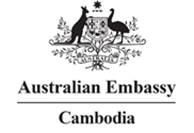


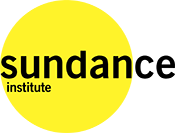
In collaboration with:
